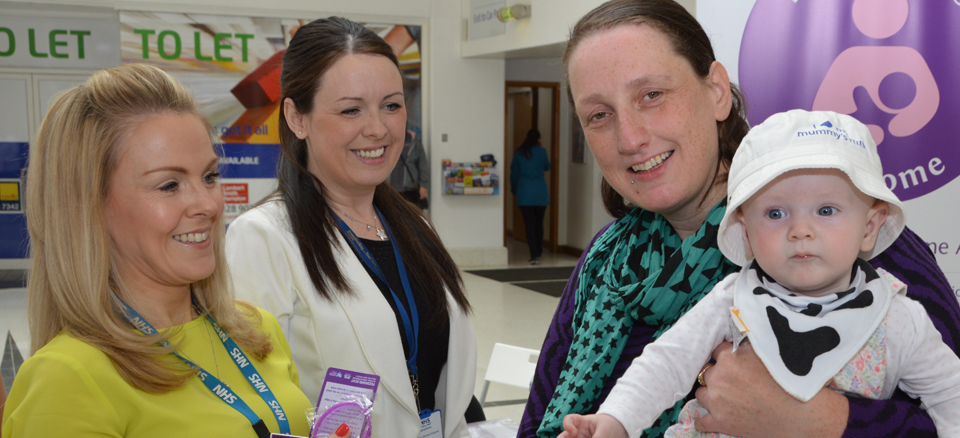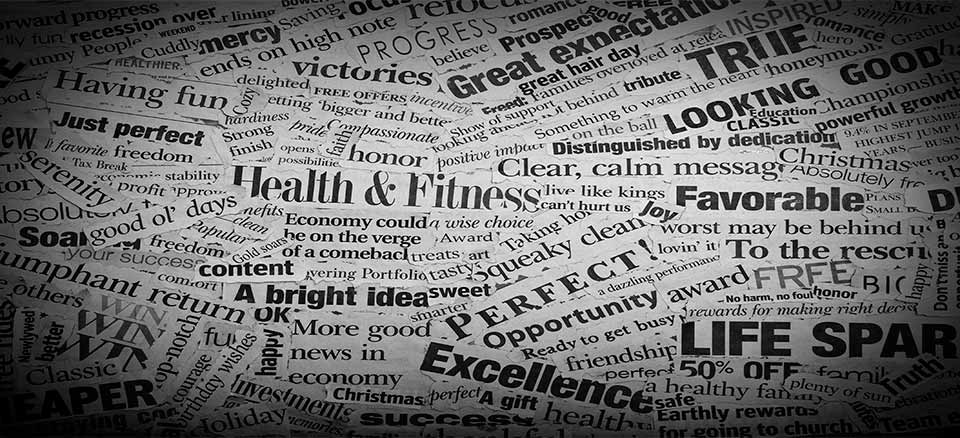The Evening Times ran an article about figures in a new report showing that women from Lanarkshire experience higher-than-average rates of stillbirth and neonatal deaths than other parts of Scotland. The region recorded the second-highest rate in Scotland with 6.42 deaths per 1,000 births. However it is worth noting that the figure of 7,096 Lanarkshire resident […]
We all have a part to play

Through its Baby Friendly initiative, UNICEF’s identifies that breastfeeding is the normal biological way to feed babies; it saves lives and protects the health of mothers and babies both in the short and long term.
So why do eight out of ten women stop breast feeding before they want to?
Reasons include –
- cultural norms that discourage longer-term breastfeeding,
- a widespread misconception, that formula milk can replace breast milk without any harm,
- a lack of postnatal care and trained support to help women get breastfeeding off to a good start, and
- formula company marketing that normalises bottle feeding and undermines breastfeeding.
Anne Marie Bruce, Infant Feeding Development Midwife, said: “Within NHS Lanarkshire we are working hard to ensure mothers have the information and support they need to initiate and maintain breastfeeding. We have invested in a breastfeeding support service to ensure families have the practical support they need. All staff working within maternity and health visiting services have UNICEF approved training to support new mothers and babies to breastfeed. For ongoing support there are numerous breastfeeding groups around Lanarkshire which provide a welcoming and supportive environment to breastfeeding mothers and babies.
“However, improving breastfeeding rates is not the responsibility of individual women. Society has a collective responsibility to create an environment which is truly breastfeeding friendly and overcome the cultural norms that discourage breastfeeding.”
Anne Marie believes that working within the NHS places many of us in a unique position to make a difference. She added, ”Working within NHS means we can influence policies designed to protect and support the most vulnerable, such as babies born preterm or sick, into the most disadvantaged families, or to mothers suffering with poor mental health, as these are the babies who are least likely to be breastfed, while needing it the most.”
You can view the UNICEF video at https://youtu.be/7yNvkk_LfpU


Comments are closed.